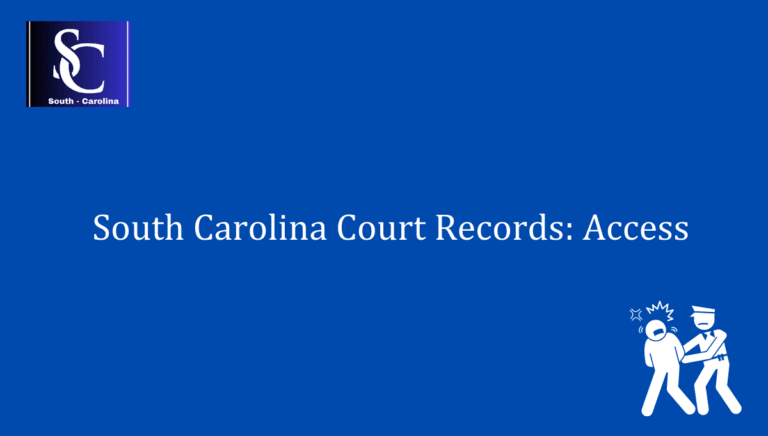Voting and Elections in South Carolina
South Carolina has a rich history when it comes to voting and elections. From its early days as a colony to its present-day status as a key player in national politics, the state has seen its fair share of political battles and triumphs. In this article, we will explore the fascinating world of voting and elections in South Carolina, delving into the state’s unique voting laws, its influential politicians, and the impact of its citizens’ votes on the national stage.
Join us as we take a journey through time, uncovering the stories of South Carolina’s passionate voters and the pivotal moments that have shaped the state’s political landscape. From the first election held in the state to the modern-day campaigns that capture the attention of the nation, we will explore the challenges and successes that have defined South Carolina’s democratic process. So grab a cup of coffee and prepare to dive into the captivating world of voting and elections in South Carolina.
South Carolina’s Unique Voting Laws
One of the key factors that sets South Carolina apart when it comes to voting and elections is its unique voting laws. These laws have evolved over time, shaped by the state’s history and political climate. Understanding these laws is crucial for both voters and candidates, as they govern the entire electoral process in the state.
The Influence of South Carolina’s Politicians
South Carolina has been home to many influential politicians throughout its history. From statesmen who played significant roles in shaping the nation to local leaders who championed important causes, the state has produced a diverse range of political figures. These individuals have not only impacted South Carolina’s political landscape but also left a lasting legacy on the national stage.
The Power of the South Carolina Vote
When it comes to national politics, South Carolina holds significant sway. The state’s citizens have the power to shape the outcome of elections and influence the direction of the entire country. Understanding the impact of the South Carolina vote is essential for anyone interested in politics, as it highlights the state’s importance in the broader democratic process.
The Evolution of South Carolina’s Democratic Process
Over the years, South Carolina’s democratic process has evolved and adapted to the changing needs and desires of its citizens. From the first election held in the state to the modern-day campaigns, the process has undergone significant transformations. Exploring this evolution provides a fascinating glimpse into the development of democracy in South Carolina.
Challenges and Successes in South Carolina’s Elections
Like any other state, South Carolina has faced its fair share of challenges and successes when it comes to elections. From overcoming obstacles to celebrating achievements, the state’s electoral history is filled with stories of resilience and progress. Examining these challenges and successes provides valuable insights into the strength and determination of South Carolina’s voters.
Conclusion: A Captivating Journey Through South Carolina’s Voting and Elections
As we conclude our exploration of voting and elections in South Carolina, we hope you’ve gained a deeper appreciation for the state’s rich political history. From its unique voting laws to the influential politicians it has produced, South Carolina’s impact on the democratic process cannot be understated. So next time you cast your vote or follow a campaign in the state, remember the captivating journey we’ve taken through South Carolina’s voting and elections.
FAQs
What are the requirements to register to vote in South Carolina?
To register to vote in South Carolina, you must be a U.S. citizen, a resident of South Carolina, and at least 18 years old on or before the next election day. You should not be currently serving a sentence for a felony conviction. You can register online, by mail, or in person at your county voter registration office.
How do I check if I am already registered to vote in South Carolina?
You can check your voter registration status in South Carolina by visiting the South Carolina Election Commission’s website and using their online voter registration lookup tool. Simply enter your first name, last name, county, and date of birth to check your registration status.
What types of identification are accepted at the polling place in South Carolina?
When voting in person in South Carolina, you must show a valid photo ID. Accepted forms of identification include a South Carolina driver’s license, South Carolina Department of Motor Vehicles ID card, South Carolina voter registration card with photo, U.S. passport, federal military ID, or a South Carolina concealed weapons permit.
Can I vote by mail in South Carolina?
Yes, South Carolina allows voting by mail. To vote absentee by mail, you must meet one of the qualifying reasons, such as being 65 years or older, having a disability, being out of the county on election day, or being a member of the armed forces. You can request an absentee ballot by completing an application and returning it to your county voter registration office.
What is the deadline to register to vote in South Carolina?
In South Carolina, the deadline to register to vote is 30 days before any election. If you miss the registration deadline, you will not be able to vote in that particular election. It is recommended to register as early as possible to ensure you can participate in all upcoming elections.







